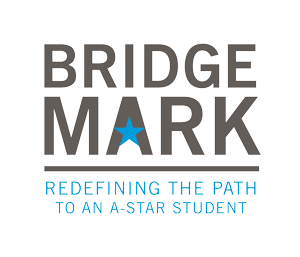Bridgemark admits students in the 1st-9th grades who have been diagnosed with a learning difference and serves students in the 1st – 12th grades. Bridgemark is not designed to effectively meet the needs of students who have learning difficulties that are the result of primary emotional or behavioral problems, below average cognitive ability, or traumatic brain injury.
Testing
A psycho-educational evaluation which includes testing to determine a student’s cognitive ability (Full Scale Intelligence Quotient) and academic achievement must be completed prior to consideration for admission to Bridgemark. Independent testing may be completed by a diagnostician, preferably a licensed psychologist, or by the Evaluation Center at the June Shelton School in Dallas.
Cognitive Ability
Students entering Bridgemark demonstrate high intellectual potential which falls in the average to superior range, and yet they perform at a lower than expected level. They typically have been diagnosed with one or more of the following learning disorders commonly referred to as: dyslexia, dyscalculia, dysgraphia, AD/HD (inattentive, impulsivity, or combined type), or receptive/expressive language disorder.
Teachable
A student with a learning difference who is admitted to Bridgemark must be receptive to new ways of learning and be willing to work hard with our supportive teachers to acquire the necessary skills and strategies as a means of achieving academic independence.

